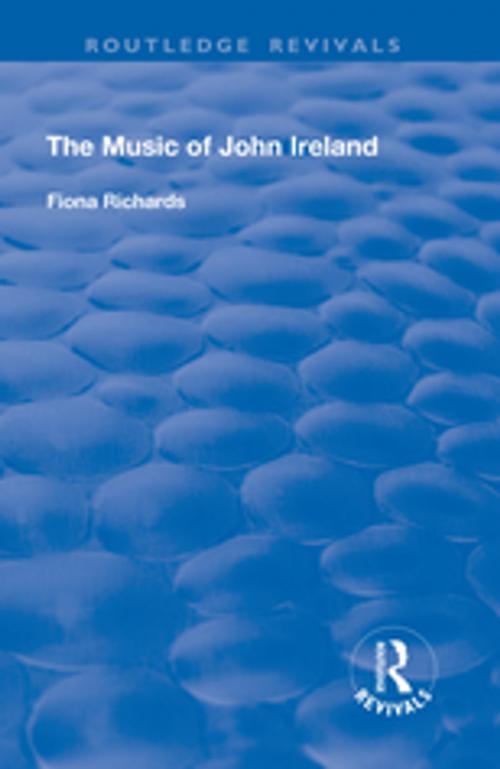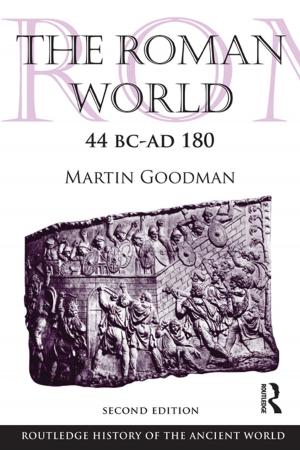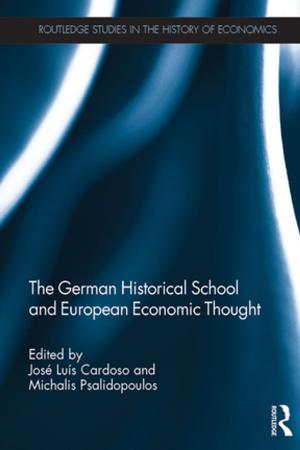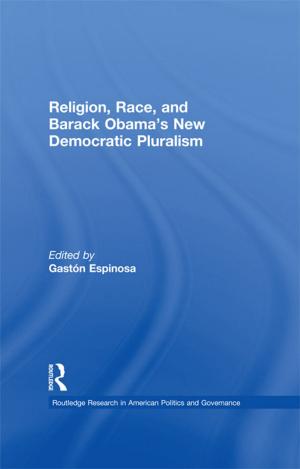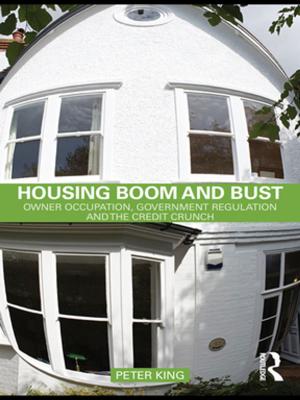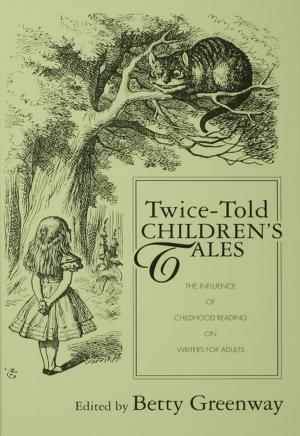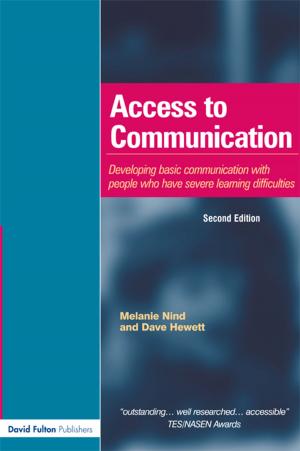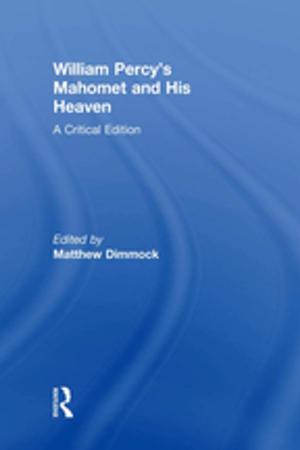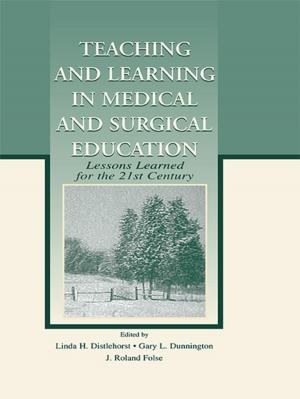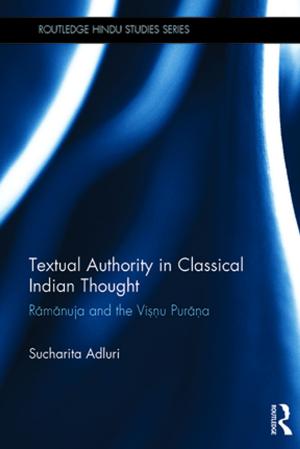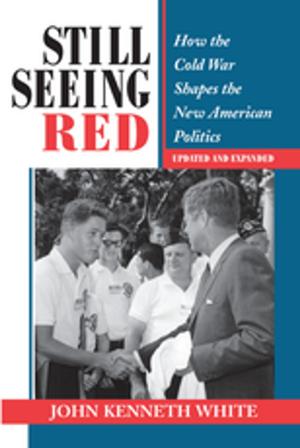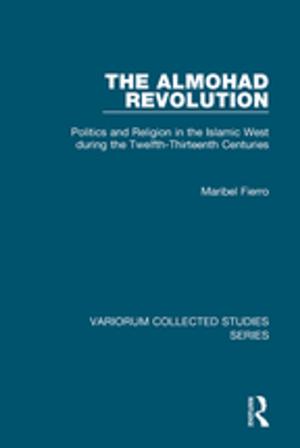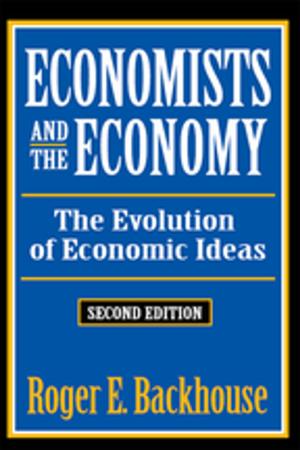| Author: | Fiona Richards | ISBN: | 9781351750080 |
| Publisher: | Taylor and Francis | Publication: | November 28, 2017 |
| Imprint: | Routledge | Language: | English |
| Author: | Fiona Richards |
| ISBN: | 9781351750080 |
| Publisher: | Taylor and Francis |
| Publication: | November 28, 2017 |
| Imprint: | Routledge |
| Language: | English |
This title was first published in 2000. John Ireland (1879-1962) was as elusive as the music that he composed. His music resists easy categorization, in part because it is linked so closely to specific events, places and people in Ireland's personal life. The Music of John Ireland explores the expressive and extramusical qualities of Ireland's compositions and their complex system of personal musical symbols, images and ideas. Fiona Richards interweaves biography and musical analysis in a series of chapters which take their themes from the significant influences in Ireland's life: Anglo-Catholicism, paganism, the countryside, the city, love and war. Ireland emerges as highly individual, struggling with his religious beliefs, his sexuality, and an uncertainty as to his success. His music, often an expression of a state of mind, is given, for the first time, the close investigation that it merits. Ireland preferred to compose on a small scale, showing a masterful command of form and a gift for melody. Richards reveals how the essence of the man shines through in the miniatures that he wrote.
This title was first published in 2000. John Ireland (1879-1962) was as elusive as the music that he composed. His music resists easy categorization, in part because it is linked so closely to specific events, places and people in Ireland's personal life. The Music of John Ireland explores the expressive and extramusical qualities of Ireland's compositions and their complex system of personal musical symbols, images and ideas. Fiona Richards interweaves biography and musical analysis in a series of chapters which take their themes from the significant influences in Ireland's life: Anglo-Catholicism, paganism, the countryside, the city, love and war. Ireland emerges as highly individual, struggling with his religious beliefs, his sexuality, and an uncertainty as to his success. His music, often an expression of a state of mind, is given, for the first time, the close investigation that it merits. Ireland preferred to compose on a small scale, showing a masterful command of form and a gift for melody. Richards reveals how the essence of the man shines through in the miniatures that he wrote.
